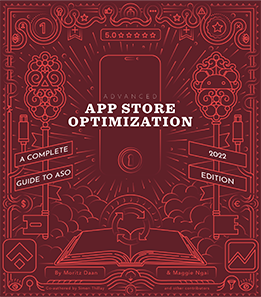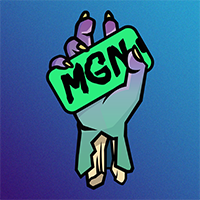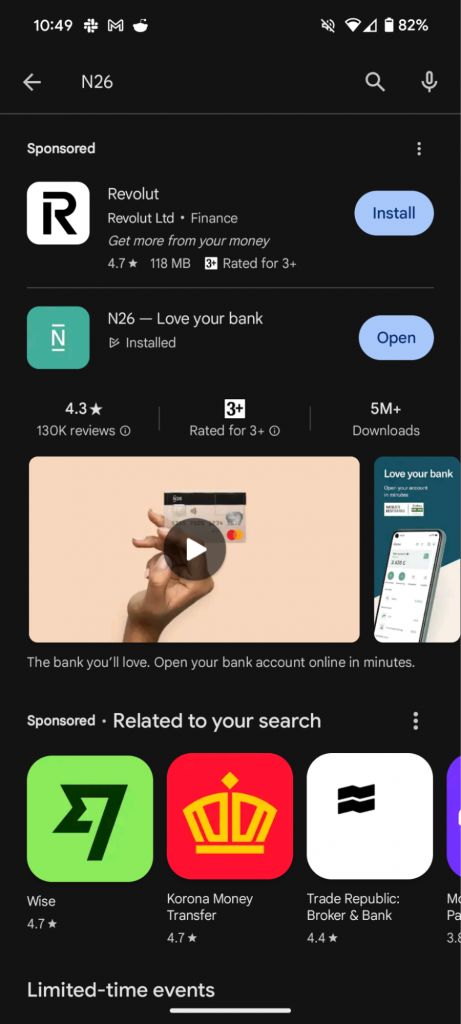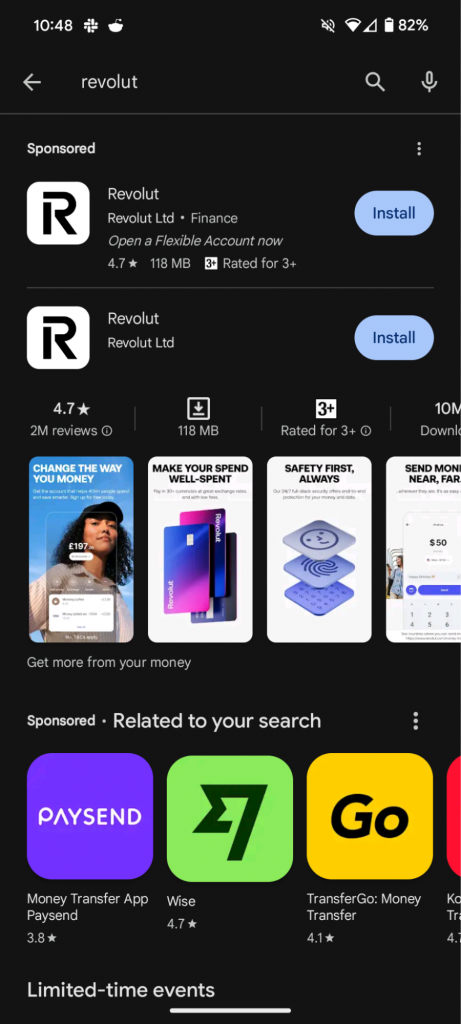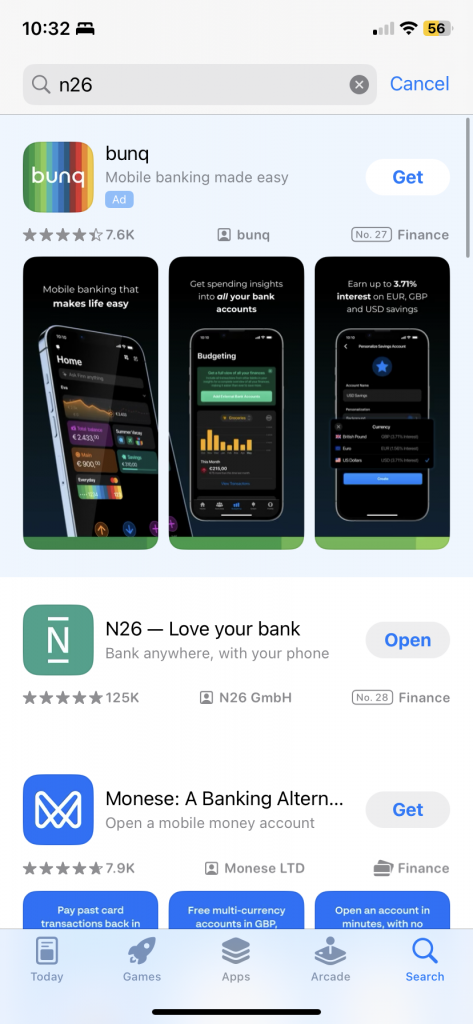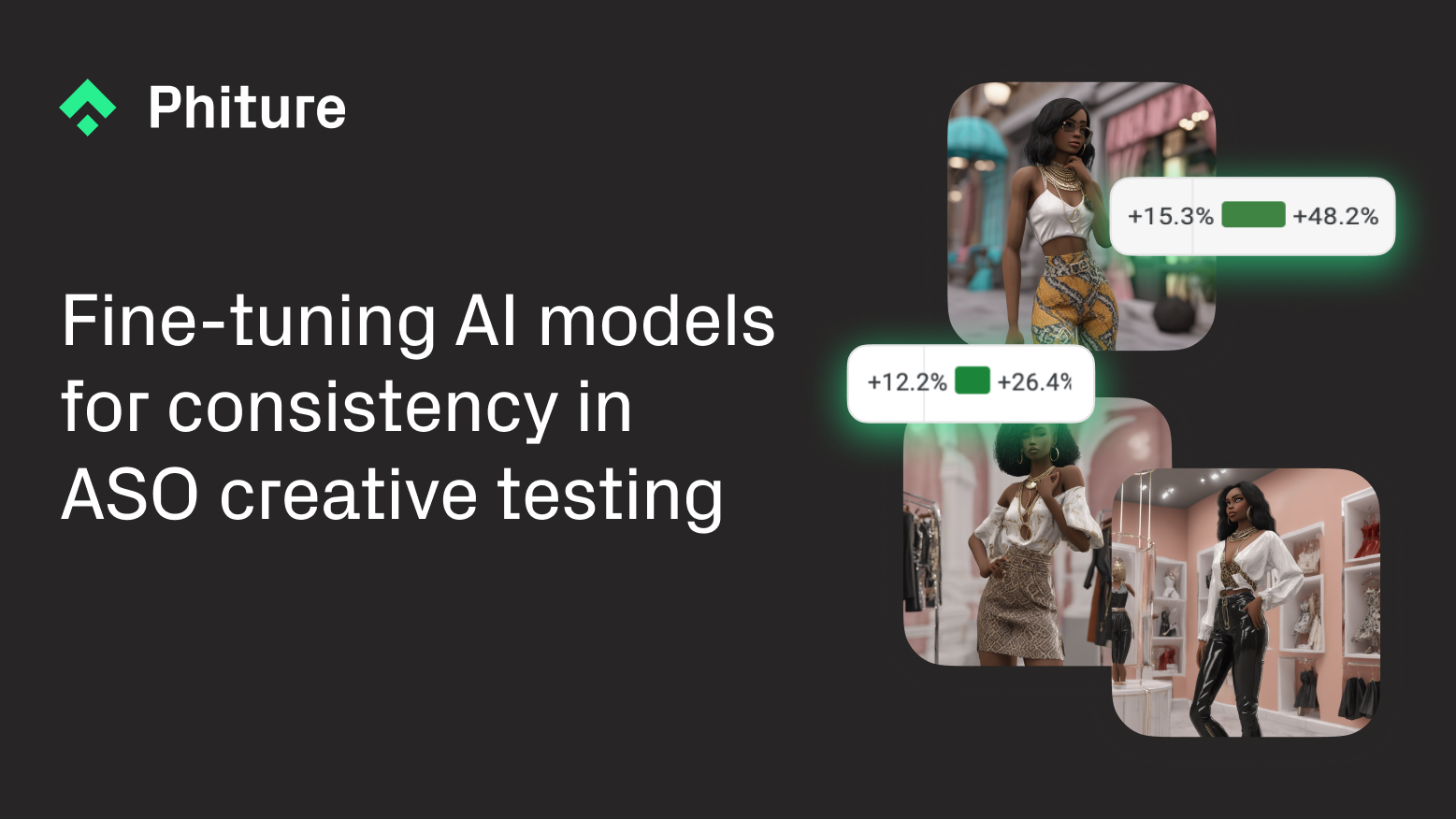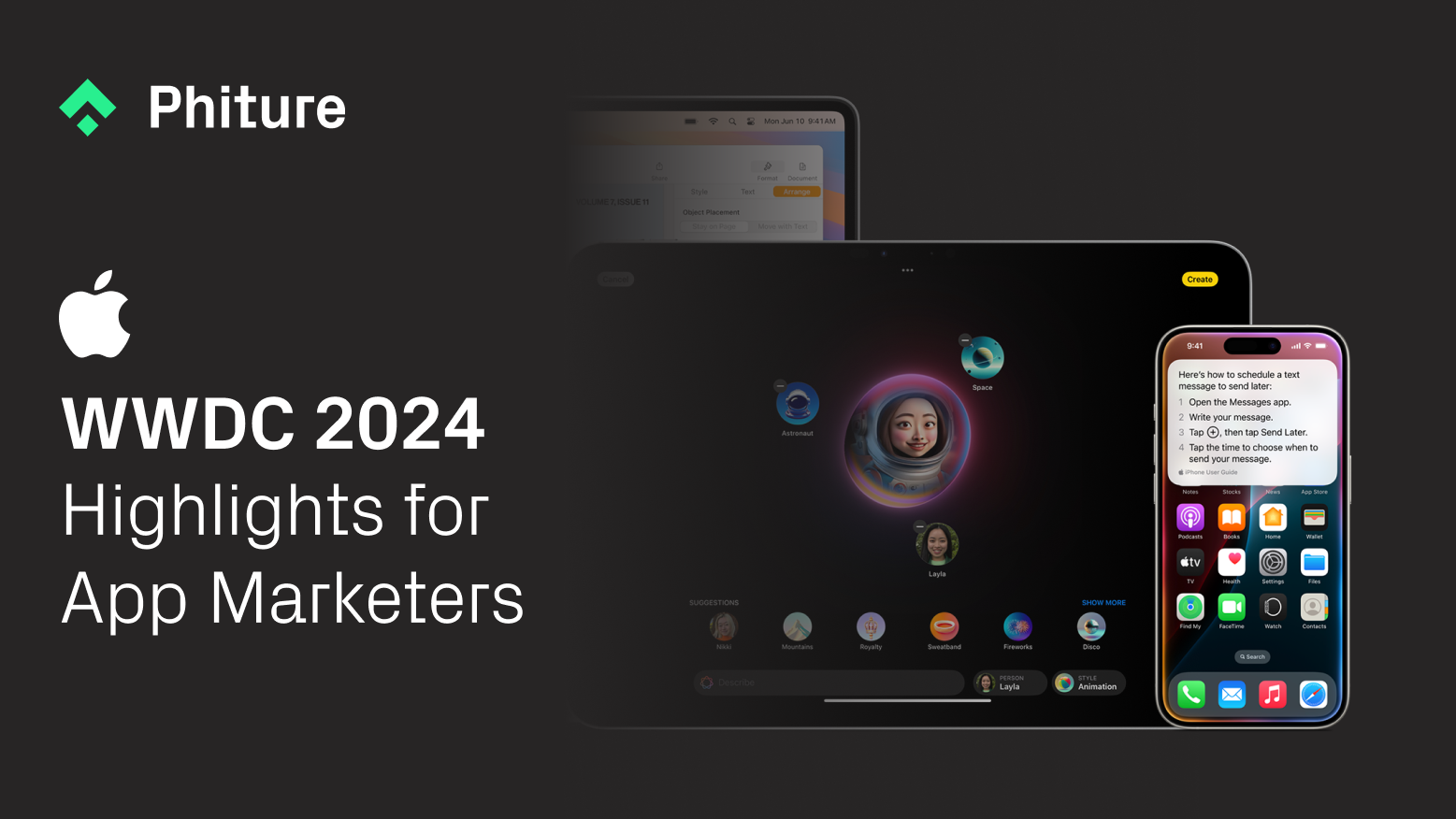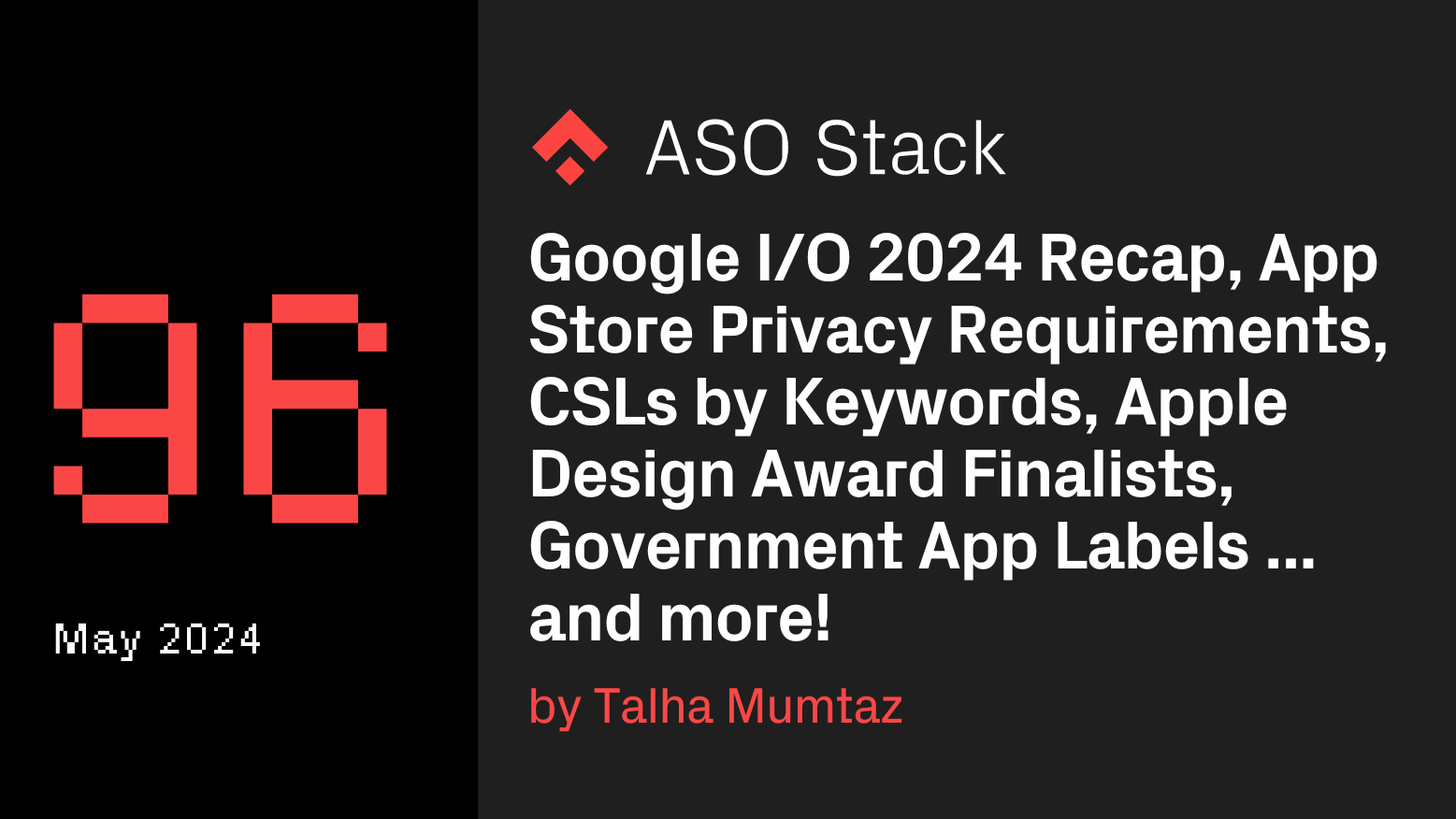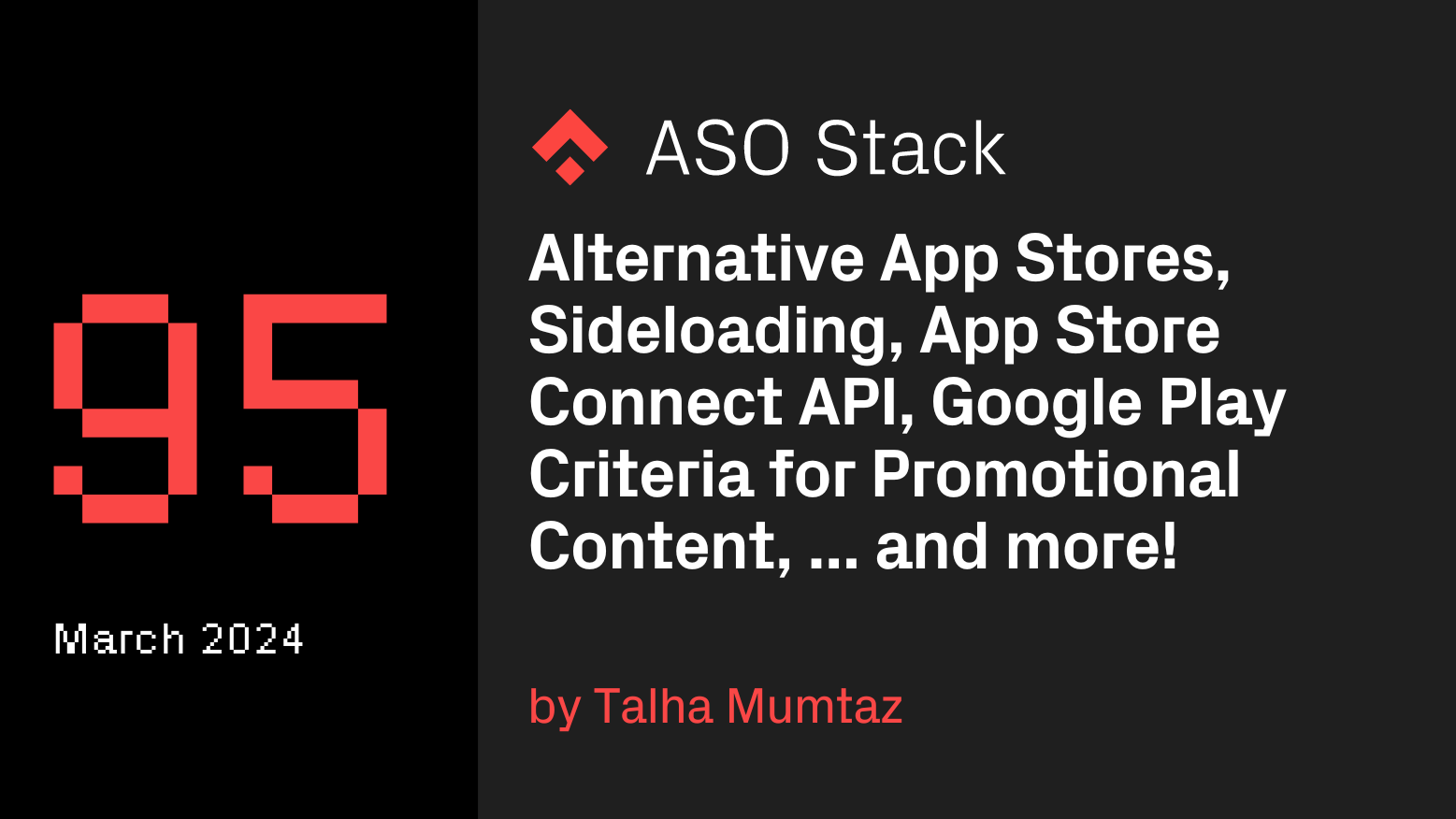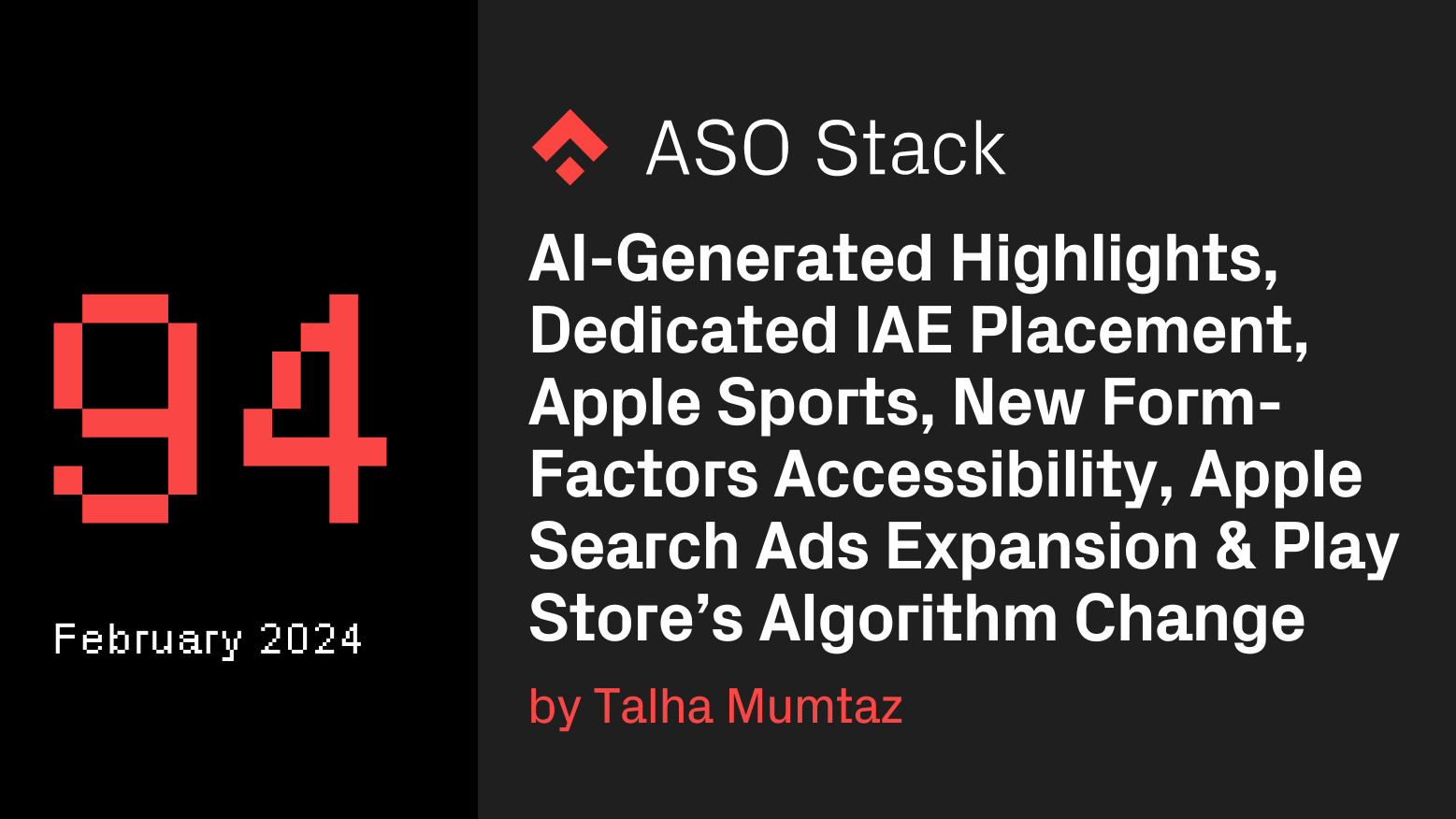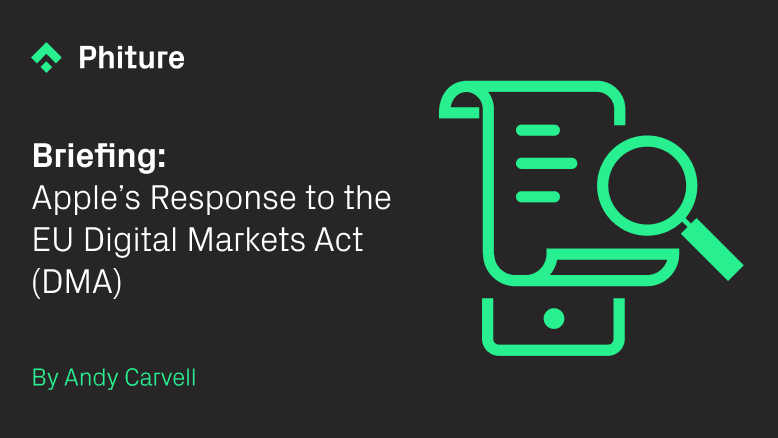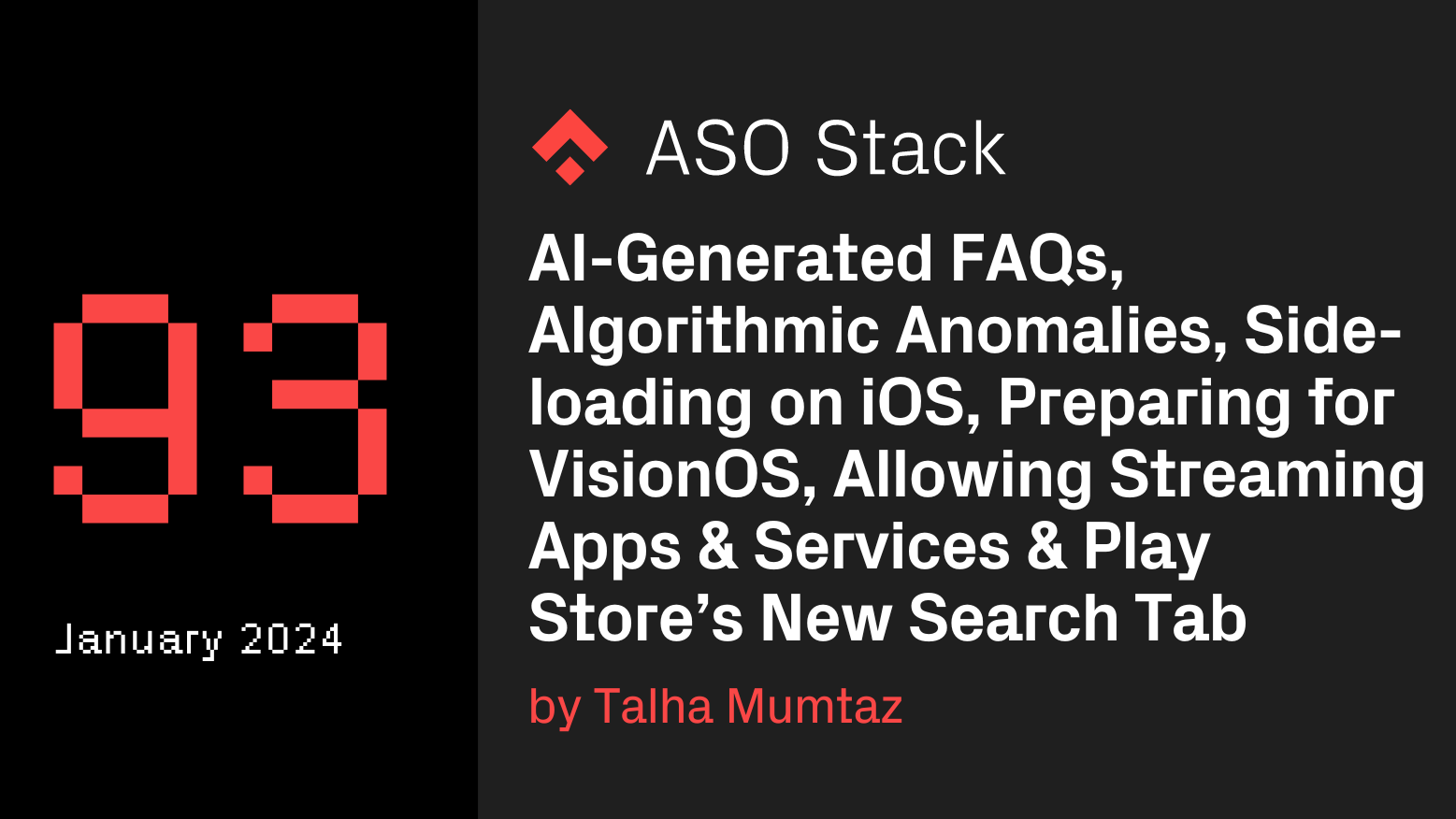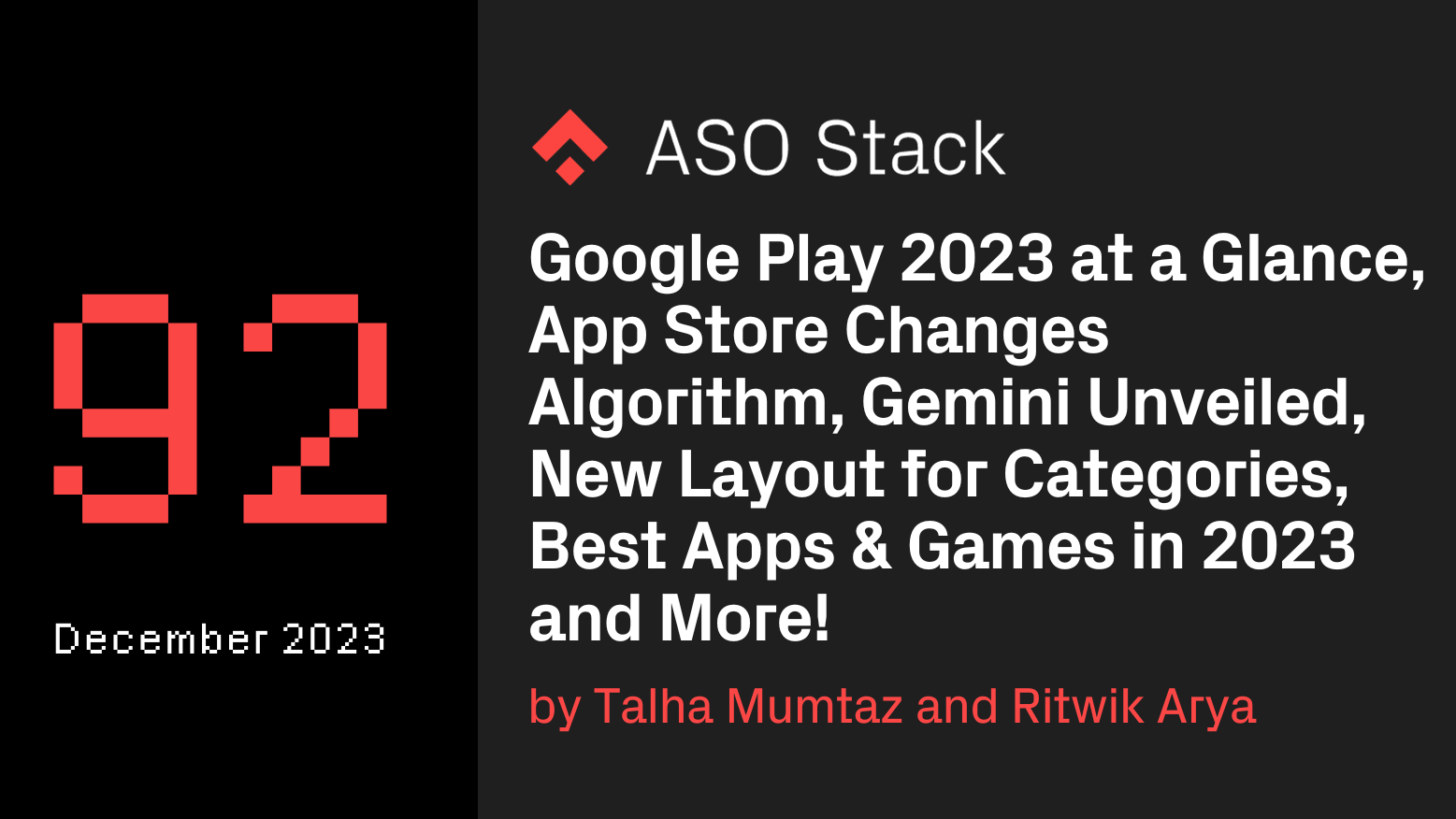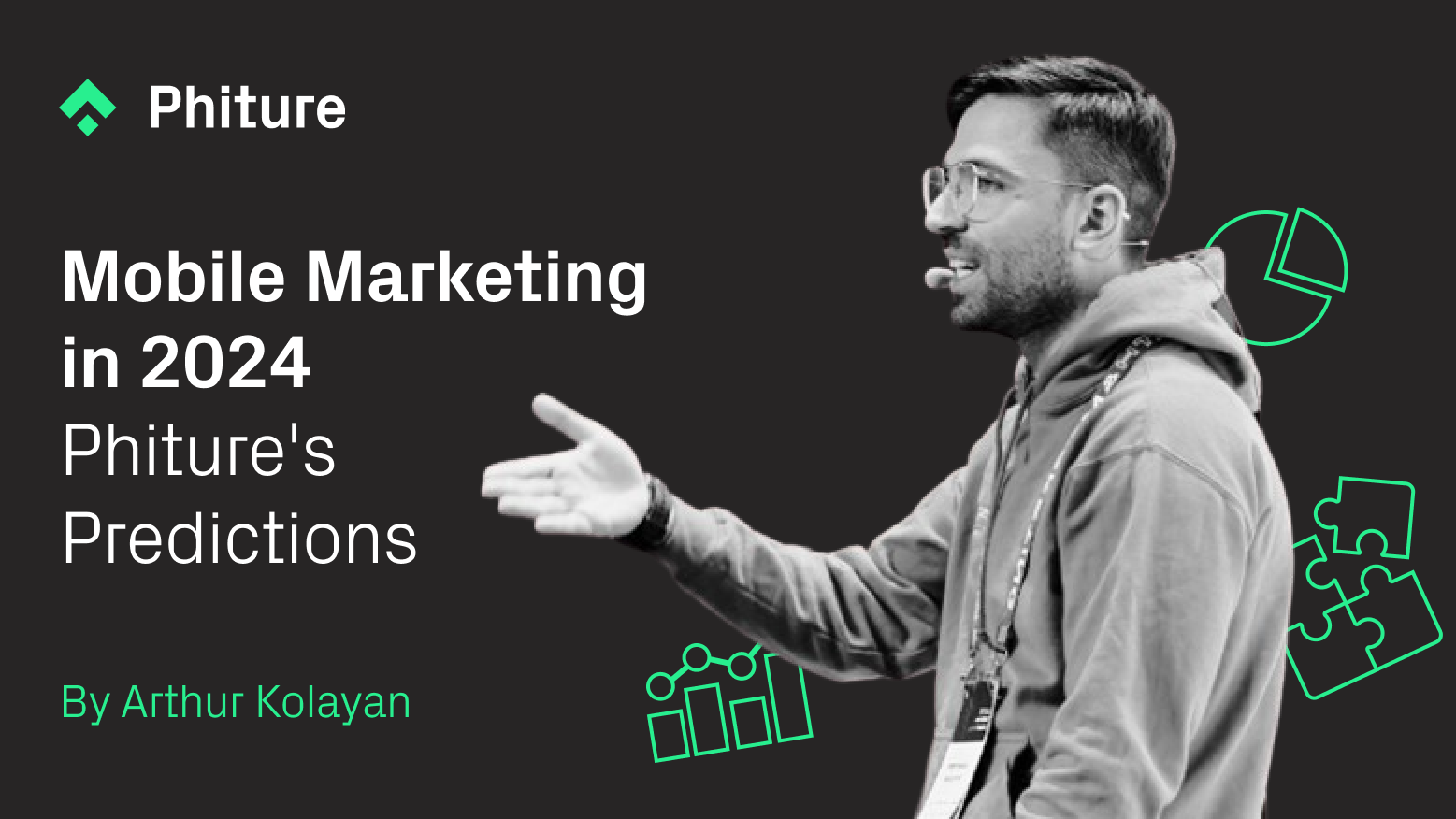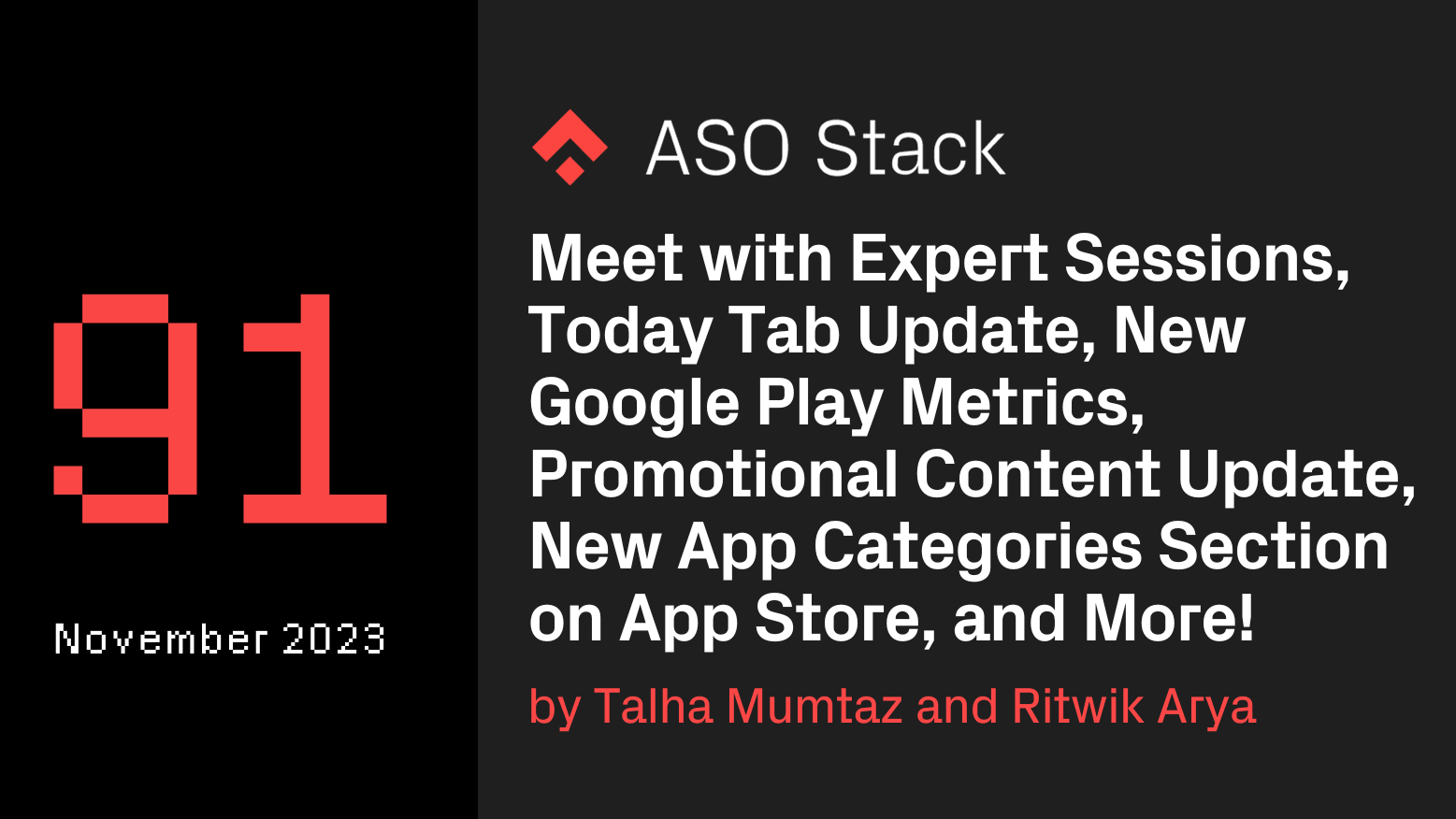In May 2023, Google started testing a new branded ad slot on the Play Store, which has since become a permanent fixture. This slot requires app publishers to bid on their own brand names to secure the top ad placement, a move that has significantly reshaped app marketing strategies and impacted organic download metrics.
What is the new branded ad slot on Google Play about?
Now, when you search for a brand on the Play Store, the top result can be a paid ad, followed by organic results below. This means publishers must financially compete for visibility on their own brand names, making it harder to rely on organic search as a free resource. If they don’t bid, competitors can easily take the top ad spot, potentially diverting traffic that would have naturally gone to them.
Impact on organic downloads
Through working with our clients, Phiture noticed some clear patterns. Despite the total download numbers having remained steady, the proportion of organic downloads has been declining. This shift suggests a growing emphasis on paid downloads, which complements the traditional focus on organic App Store Optimization (ASO) strategies, highlighting the need for a balanced approach to enhance overall app visibility on the Google Play Store.
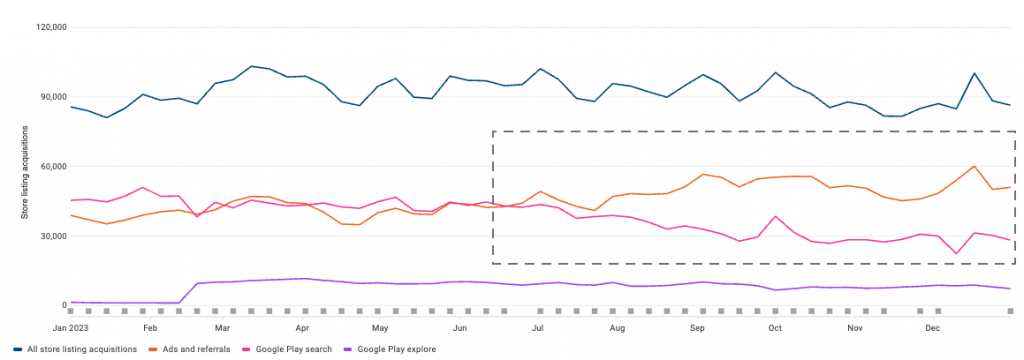
Moreover, conversion rates for organic traffic have dropped since the new ad slot was introduced, suggesting that the quality and engagement of organic visits might be weakening.
Impact on download decisions
Despite these challenges, the impact on actual download decisions seems minimal for users with high intent. For example, someone searching specifically for “N26” is unlikely to download “Revolut” instead, even if “Revolut” appears in an ad.
Interestingly, Apple’s approach in the App Store offers more creative freedom. Their ads can show up to three screenshots of the competitor’s app, which might capture user attention more effectively than Google’s format that only displays the app icon and metadata.
How to test the impact of Google Play’s new branded ad slot for your app or game
To truly understand the impact of this ad slot for your specific app or game, Phiture recommends testing by turning off all Google App Campaigns (GAC) to analyze the cannibalization effect and the true value of organic downloads when they aren’t overshadowed by paid ads. We also suggest strategically removing branded keywords in specific markets to mitigate unwanted ad placements, although Google might counter this by serving the ads in different markets.
This change in the Play Store’s ad strategy highlights the need for app publishers to continually adapt their marketing strategies. Balancing visibility through paid placements with nurturing organic growth has become more complex, requiring a dynamic approach to App Store Optimization and marketing budget allocation. As the digital landscape evolves, staying ahead of these changes and adjusting strategies accordingly will be crucial for maintaining a competitive edge and ensuring sustainable growth in the app stores.



